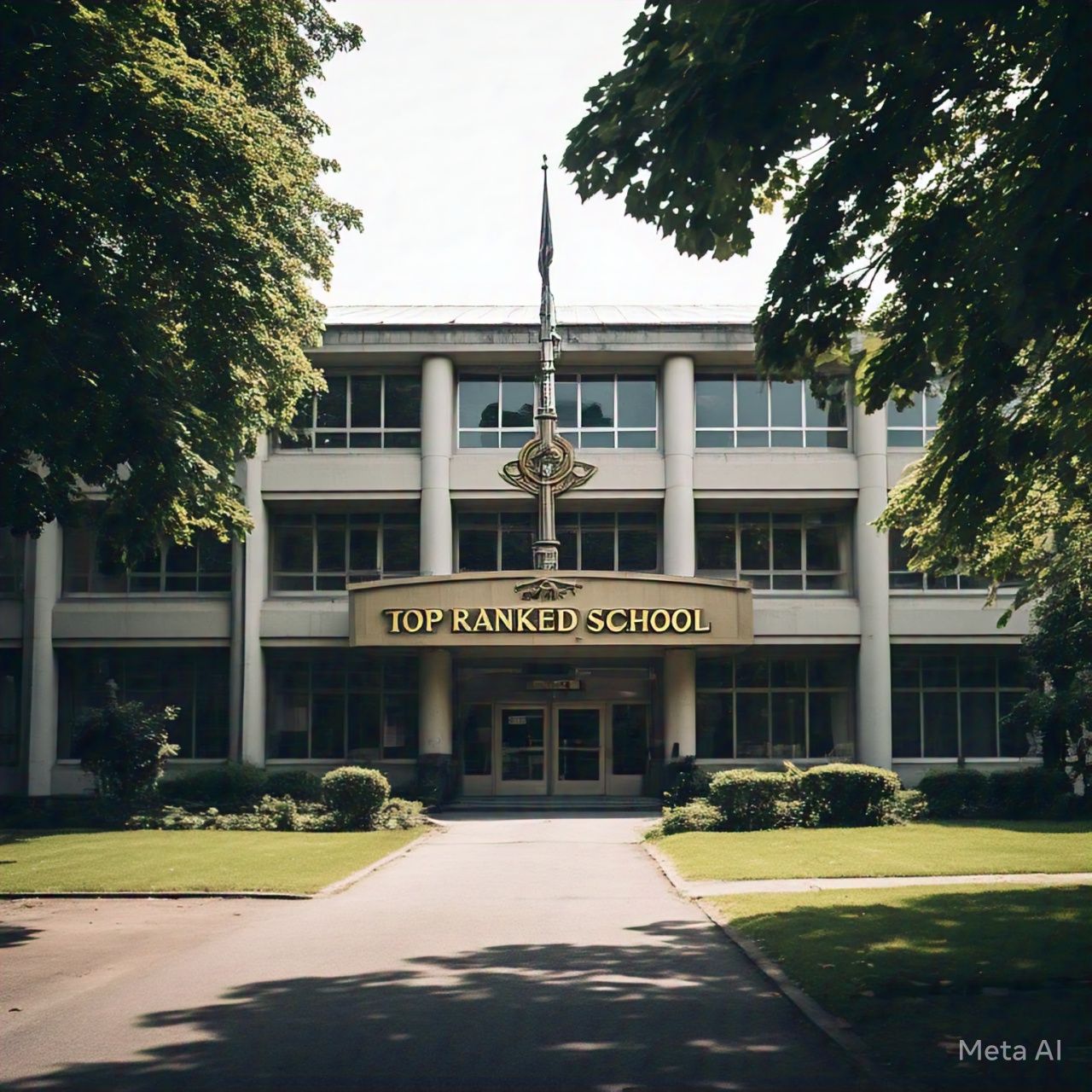The National Senior Secondary Education Commission (NSSEC) has announced plans to introduce a ranking system for senior secondary schools across Nigeria. This initiative aims to enhance accountability, improve educational standards, and provide parents with reliable information about school performance.
The Executive Secretary of the commission, Dr. Ajayi Iyela, revealed that the ranking system would evaluate schools based on established benchmarks, including infrastructure, teacher qualifications, student-teacher ratios, and student performance in key subjects such as English and Mathematics. The ranking will categorize schools into grades (e.g., A, B, C), helping parents make informed decisions about their children’s education.
Dr. Iyela emphasized that this move is part of the commission’s broader efforts to address the long-standing neglect of senior secondary education in Nigeria. “For years, senior secondary education lacked a regulatory and intervention framework, leading to decayed infrastructure, inadequate facilities, and poor student outcomes. This ranking system is a step towards reversing these trends,” he stated.
The ranking system will also involve the enforcement of minimum standards for secondary schools, ensuring they meet basic requirements for infrastructure, safety, and educational resources. According to Dr. Iyela, the commission has already finalized guidelines for these standards, which have been approved by the National Council on Education. Schools will be assessed and scored during routine inspections, with results published to foster transparency and competition.
While acknowledging the logistical challenges of monitoring approximately 50,000 secondary schools nationwide, Dr. Iyela assured stakeholders that the commission is prepared to implement the system effectively. He highlighted plans to leverage technology and collaborate with state governments and other stakeholders to achieve nationwide coverage.
The initiative also seeks to address issues in private schools, which account for 70-80% of Nigeria’s secondary schools. Many of these schools, according to Dr. Iyela, operate below standard, with unqualified teachers and substandard facilities. The ranking system will hold these schools accountable, compelling them to improve or face regulatory action.
Additionally, the commission plans to introduce other reforms, including monitoring learning achievements, revising the senior secondary school curriculum, and advocating for improved teacher welfare. Partnerships with organizations like UNICEF and the British Council have already been established to provide capacity-building programs for teachers, particularly in core subjects.
Dr. Iyela concluded by urging state governments to establish education boards to replicate the commission’s structure at the state level. He noted that these boards are crucial for states to benefit from federal interventions and to ensure the successful implementation of reforms.
The rollout of the ranking system is expected to begin soon, marking a significant milestone in the commission’s efforts to transform Nigeria’s senior secondary education landscape.
